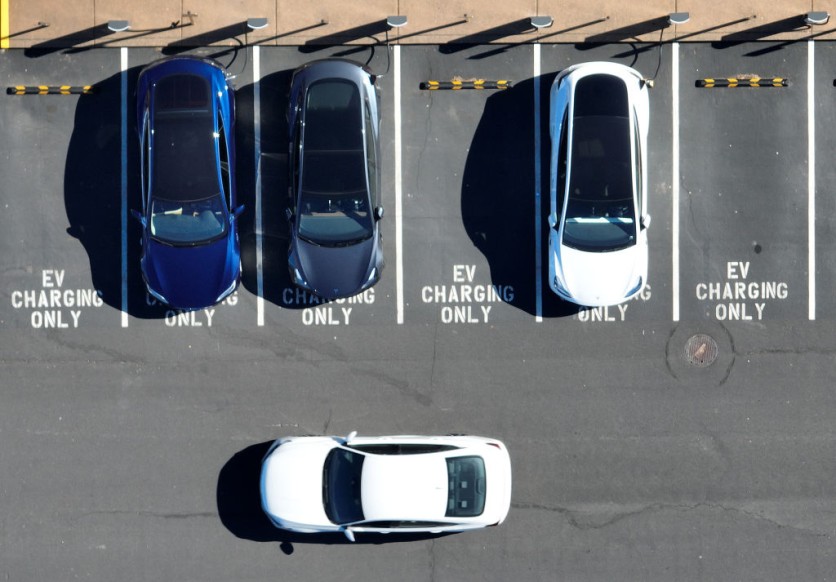The European Union (EU) has imposed additional provisional duties on Chinese electric vehicle (EV) imports, with tariffs reaching up to 38%. This move aims to counter Beijing's unfair support of its EV industry.

EU Imposes Additional Tariffs on Chinese EVs
Following its initiation in 2023, the European Commission's inquiry found that government subsidies provided to Chinese EV manufacturers were unfairly disadvantaging their European counterparts.
The investigation found that unfair subsidies benefit the entire battery electric vehicle (BEV) value chain in China, which poses a significant threat to EU BEV producers. The Commission also assessed the potential impacts of these measures on importers, users, and consumers of BEVs within the region.
Recent weeks saw heated consultations with the Chinese government following discussions between Executive Vice-President Valdis Dombrovskis and Chinese Trade Minister Wang Wentao.
Technical-level talks continue, with the aim of finding a World Trade Organization (WTO)- compatible solution that addresses the EU's concerns. The tariffs are set at varying rates for different Chinese producers. BYD faces a duty of 17.4%, Geely 19.9%, and SAIC 37.6%.
Other Chinese BEV producers that cooperated with the investigation but were not sampled are subject to a 20.8% weighted average duty. Firms that choose not to cooperate will be subject to the maximum rate of 37.6%.
These provisional duties will take effect from July 5, 2024, for up to four months. During this period, EU Member States must vote to reach a final decision on definitive duties. If adopted, these duties will remain in place for five years.
EU Member States will now vote on these provisional measures by written procedure, requiring a simple majority. This advisory procedure under comitology rules does not carry a legally binding effect. The Commission will then disclose its proposal for definitive measures and allow time for further comments.
Once the Commission has considered all feedback, it will unveil the final determination to the Member States. The vote, conducted under the examination procedure, will be binding. If imposed, these measures will be in force for five years and can be extended upon request and review.
Read Also : Chinese Fast-Fashion Giants Temu and Shein Questioned by EU Regulators on Online Content Compliance
China Criticizes the Tariffs
According to EU guidelines, other companies manufacturing in China that are not included in the final sample can request an accelerated review to assess their specific situations after definitive measures are imposed.
Tesla, a producer of BEVs in China, may receive an individually determined duty rate during the definitive stage. According to AFP, the Chinese Chamber of Commerce to the EU criticized the tariffs as politically motivated and protectionist, adding to the existing 10% import duties.
Related Article : Volvo EV Production Moves From China to Belgium Ahead of EU Decision on Chinese EV Import Tariffs

ⓒ 2026 TECHTIMES.com All rights reserved. Do not reproduce without permission.




